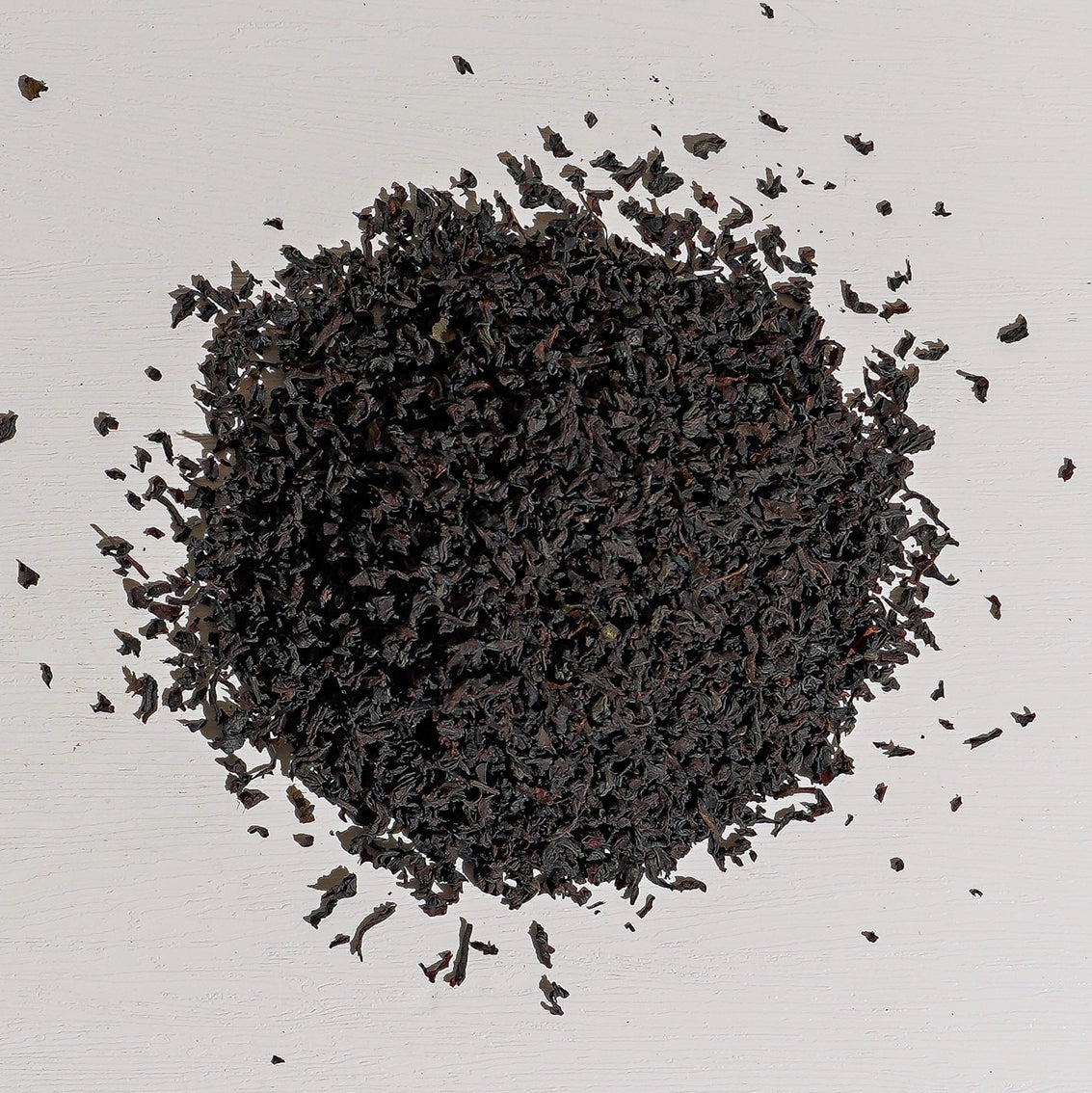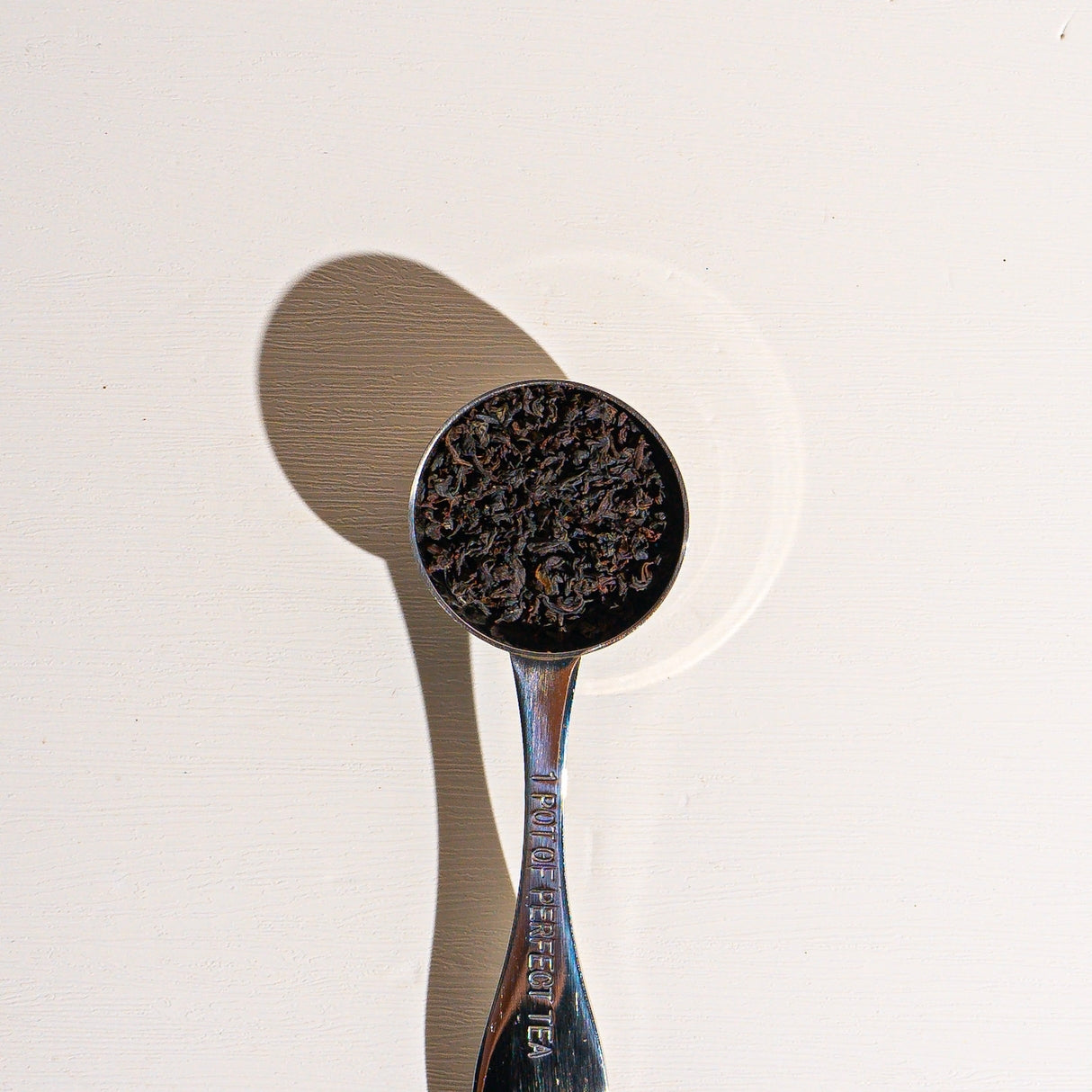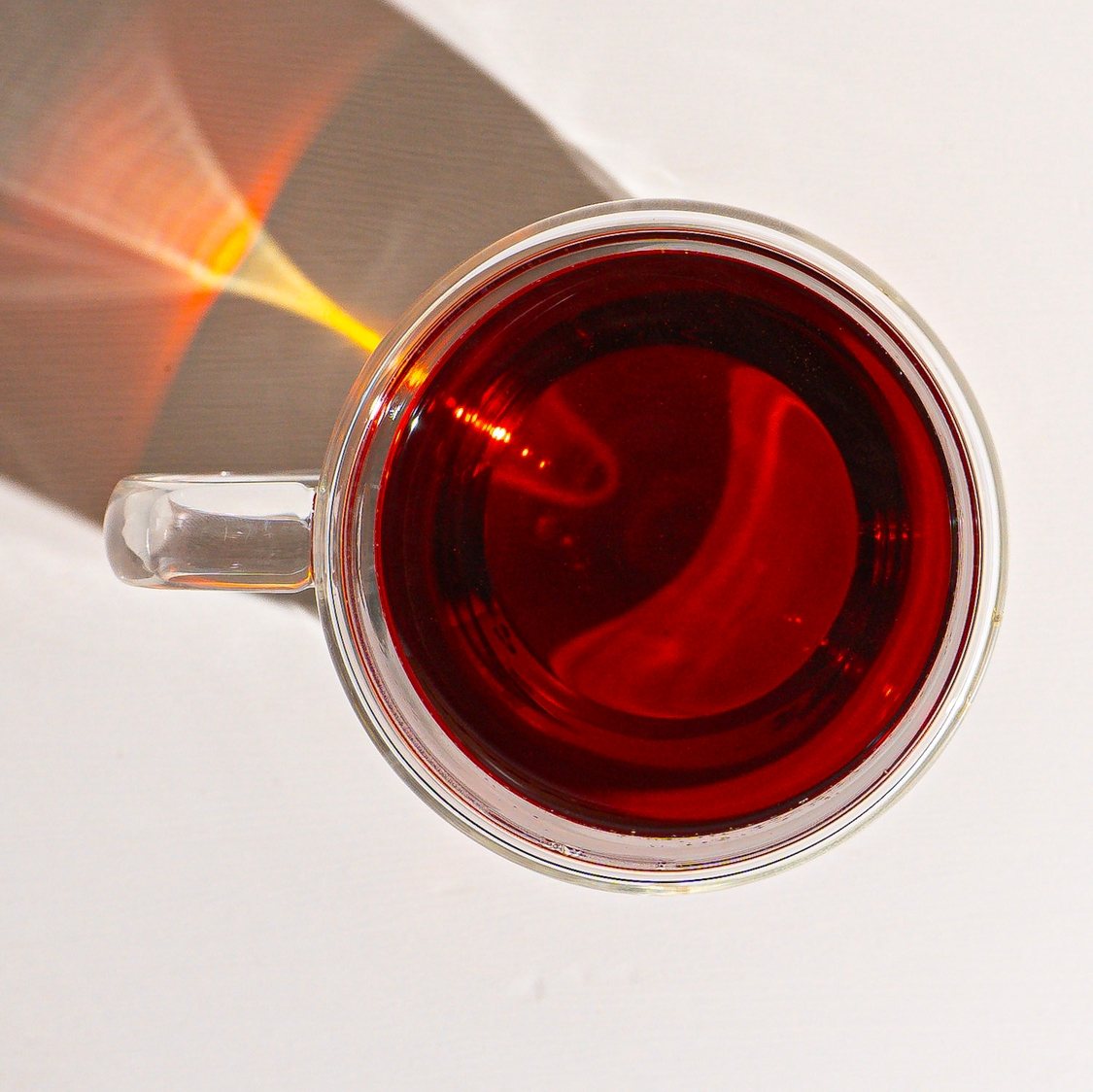St Coombs Dimbula Ceylon Tea
Pungent flowery character with good body. Takes milk well, highlighting the coppery cup. St Coombs is from the Dimbula District one of Ceylon's premiere tea estates.
Taste Notes: Bold, floral, slightly pungent
Luxury Ingredients: Black tea
Origin: Sri Lanka
This tea supports the Ethical Tea Partnership
All Camellia sinensis in our blends contributes to a fairer, more sustainable tea industry.
CAFFEINE CONTENT | HIGH
Cup per oz
10-12 cups per 1 oz
Couldn't load pickup availability
 1-2
1-2



 4-6 mins
4-6 mins
 1-2
1-2

 205-212°F
In 475 ml (8oz)
205-212°F
In 475 ml (8oz)

 4-6 mins
4-6 mins




Tea is my go-to drink for most every occasion and this is my one of my favorites for morning. It is so smooth in flavor without sacrificing caffeine level. I highly recommend giving it a try, especially if teas with more bite don't appeal to you.
Excellent tea, Excellent service. Thank you.
A fine mild golden tea, light and refreshing.
Strong and tasty





